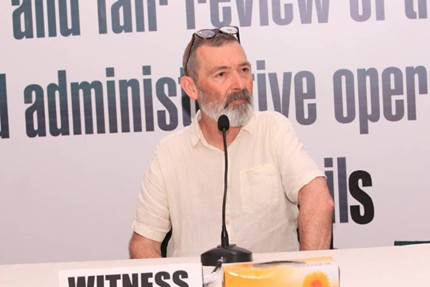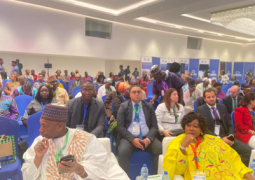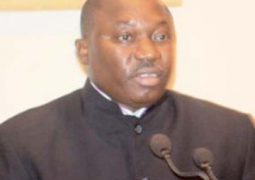
Peter Vanslambrouck, the former project coordinator from the City of Ostend, told the Local Government Commission of Inquiry (LGCI) that he was unaware of the loan disbursements at the time they occurred. “I was not aware prior to the issuing of this loan,” Vanslambrouck testified. “I was informed by my colleague later. Loans were not possible in EU funds.”
The Banjul Ostend Project was launched after a concept note was submitted to the European Union at the end of 2018, followed by consultations with local stakeholders in Banjul in 2019.
The EU approved a €3 million grant in June 2019, with the official start of the project in December of that year, although implementation only began in earnest by March 2020.
The initiative, which aimed to support sustainable urban development in Banjul, was structured around five components, capacity building for BCC, waste management, city greening including various sub-components, rehabilitation of the former Crab Island Basic School, and health infrastructure.
According to Vanslambrouck, the City of Ostend was initially required to contribute €150,000, while Banjul's share was €7,805. However, due to an extension of the project’s timeline, Ostend ultimately contributed much more. “The EU did not contribute anything more after the initial grant,” he noted, adding that he could not specify the final amount without consulting financial records.
He has since been asked by the commission to provide all relevant financial documentation.
On the matter of project finances, Vanslambrouck stated that two accounts were used during the course of the project. It began with an account at BISC Bank, later moved to Eco Bank, which he believed offered better Euro to Dalasi exchange rates. Both accounts were entirely controlled by the BCC, with no direct oversight from Ostend.
Initially, there were no mechanisms requiring BCC to seek financial approval from Ostend before spending project funds. However, that changed following disagreements over how funds were being used. “After we agreed, approval was to be given,” he said.
One of the flashpoints was BCC’s unilateral decision to use funds to assist victims of flooding in Tobacco Road. “For us, it was not really part of the EU project, so it was difficult to allocate these funds in that direction,” Vanslambrouck explained.
Addressing questions about procurement compliance, Vanslambrouck confirmed that procurement guidelines were understood and, to his knowledge, followed. “I think the procurement were clearly followed,” he said, although he admitted he was not the primary project coordinator and could not confirm whether all procurements adhered strictly





